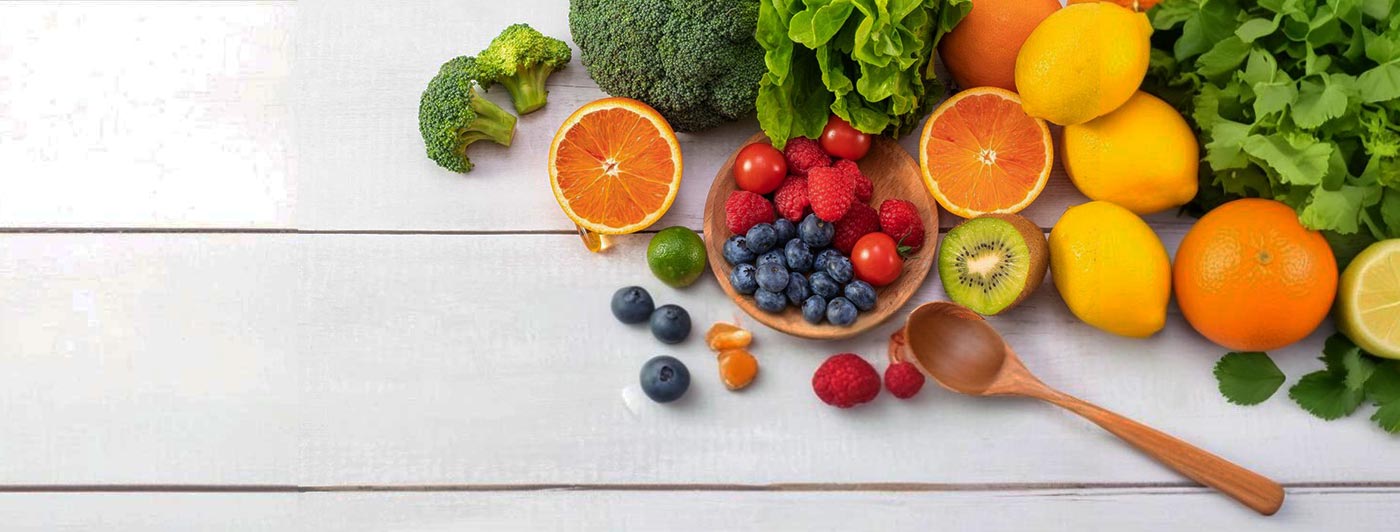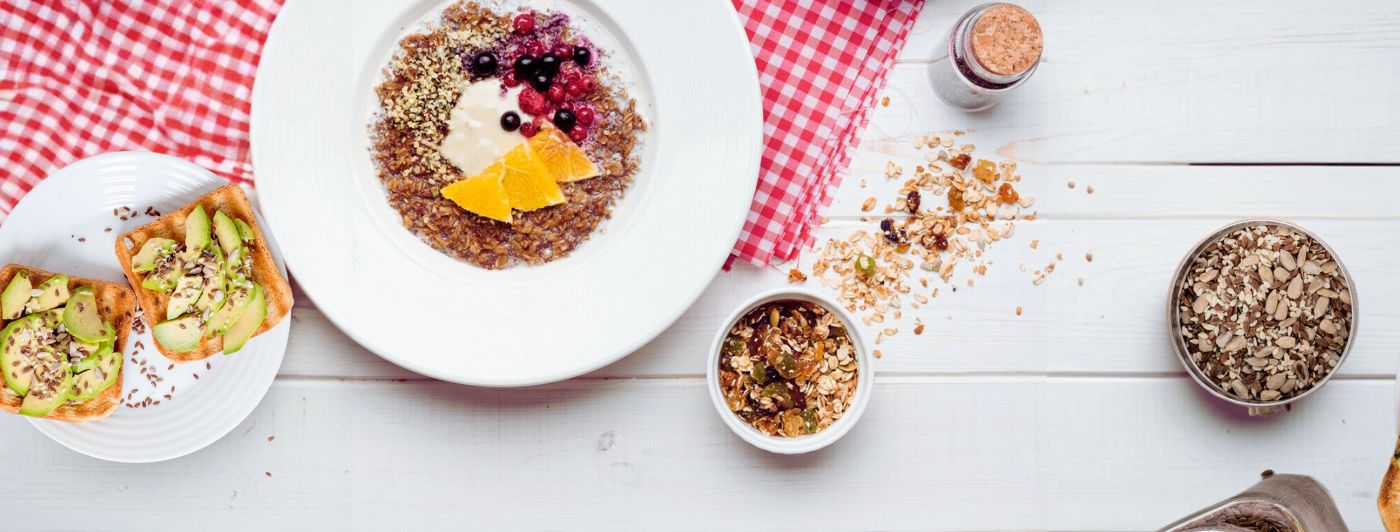Did you know that a lack of Vitamin B12 can lead to fatigue, brain fog, and even nerve damage? Many people assume that B12 is only found in animal products, leaving plant-based eaters wondering how to meet their daily needs. But here’s the good news—while vitamin B12 fruits and vegetables may not be the most obvious sources, there are smart ways to incorporate them into your diet and keep your energy levels soaring.
By making the right dietary choices, you can fuel your brain, support red blood cell production, and maintain optimal nerve function—all while staying true to your plant-based lifestyle. Let’s explore how you can get enough B12 while enjoying a variety of nutritious, plant-powered foods!
Why Is Vitamin B12 Important?
Vitamin B12 is essential for DNA synthesis, red blood cell formation, and neurological function. A deficiency can lead to fatigue, weakness, nerve damage, and even cognitive impairment. While animal products are the primary sources of B12, certain vitamin B12 fruits and vegetables can support B12 intake when combined with fortified foods or supplements.
Top 12 Vitamin B12 Fruits and Vegetables
Here are the 12 best vitamin B12 fruits and vegetables you should consider adding to your diet:
1. Mushrooms (Shiitake and White Button)
Certain mushrooms, such as shiitake and white button mushrooms, contain trace amounts of B12 due to their ability to absorb B12-producing bacteria from the soil. They are a great plant-based addition to a high protein diet plan for muscle gain, providing essential nutrients and umami flavor to meals.
2. Seaweed (Nori, Wakame, and Spirulina)
Edible seaweeds like nori and wakame contain bioavailable B12, making them a popular choice among vegans. Spirulina, a blue-green algae, is also widely consumed for its nutrient density and is often included in vegan protein powders for an added nutritional boost.
3. Fermented Foods (Tempeh and Sauerkraut)
Fermented foods such as tempeh and sauerkraut can contain small amounts of B12 due to bacterial activity during fermentation. They are also excellent sources of probiotics, which help support gut health and digestion. Including these vitamin B12 fruits and vegetables in your diet can aid in balancing your gut microbiome.
4. Fortified Plant-Based Milk
Many plant-based milks, such as almond, soy, and oat milk, are fortified with vitamin B12. Adding these to your smoothies or breakfast cereals ensures you meet your daily B12 needs while maintaining a high protein diet plan for muscle gain.
5. Fortified Nutritional Yeast
Nutritional yeast is a powerhouse of B12 when fortified. It has a cheesy flavor, making it a great topping for salads, soups, and pasta dishes. It is also an excellent DHT blocker food, supporting hair health and reducing hair loss.
6. Bananas
Bananas may not be a direct source of B12, but they contain vital precursors that support B12 production in the gut. They are also a fantastic source of potassium and fiber, aiding in digestion and overall energy levels. Adding bananas to a diet rich in vitamin B12 fruits and vegetables ensures a good balance of essential nutrients.
7. Apples
Apples are rich in fiber and antioxidants, helping maintain gut health, which is crucial for the absorption of essential vitamins. They pair well with protein powder for women, offering a nutritious post-workout snack.
8. Beets
Beets contain betaine, which supports liver function and detoxification, indirectly contributing to better nutrient absorption. When combined with vitamin B12 fruits and vegetables, they can enhance endurance and recovery.
9. Avocados
Avocados provide healthy fats and support overall nutrient absorption, including B12 from other sources. They are also an excellent addition to plant-based diets due to their creamy texture and versatility.
10. Carrots
Carrots contain essential phytonutrients and help promote gut bacteria balance, which can play a role in the body's ability to utilize B12 from fortified foods. They are one of the most commonly consumed vitamin B12 fruits and vegetables for maintaining a balanced diet.
11. Leafy Greens (Spinach and Kale)
While leafy greens do not contain B12 directly, they provide folate, which works synergistically with B12 in red blood cell production. Including these vitamin B12 fruits and vegetables in your meals ensures you get a well-rounded mix of essential vitamins.
12. Chia Seeds
Chia seeds are an excellent source of plant-based omega-3s, fiber, and protein. When paired with vegan protein powders, they make for a nutritious breakfast or smoothie booster, supporting sustained energy and muscle recovery. These nutrient-packed seeds are a great complement to vitamin B12 fruits and vegetables in a well-rounded diet.
How to Get Enough Vitamin B12 on a Plant-Based Diet
Since plant-based sources of B12 are limited, it's essential to include fortified foods or supplements in your diet. Plant Based Biotin Supplement options often include B12 to support hair, skin, and overall well-being. Additionally, regularly consuming vitamin B12 fruits and vegetables and incorporating fermented foods, seaweed, and nutritional yeast can help bridge the gap in your B12 intake.
Additional Nutrients to Support Vitamin B12 Absorption
To maximize the benefits of vitamin B12 fruits and vegetables, it's essential to pair them with key nutrients that enhance absorption and overall health.

1. Iron and Folate
Iron and folate work alongside B12 to support oxygen transport and prevent anemia. While B12 matures red blood cells, iron ensures they function properly, and folate aids DNA synthesis.
Best Sources:
-
Iron: Lentils, spinach, quinoa, chickpeas
-
Folate: Kale, asparagus, citrus fruits
-
Pair iron-rich foods with vitamin C sources (bell peppers, oranges) for better absorption.
2. Biotin
Many ask how to get biotin naturally—it’s found in nuts, seeds, avocados, and whole grains. Biotin aids metabolism, strengthens hair, and complements B12 for nervous system function.
Best Sources:
-
Almonds, walnuts, sunflower seeds
-
Whole grains like oats and brown rice
3. Collagen Support
Understanding types of collagen helps in improving skin, joints, and bone health. While B12 supports red blood cells, collagen provides the framework for body tissues.
Best Sources:
-
Vitamin C foods (citrus, berries, bell peppers)
-
Amino acid sources (chia, hemp, legumes)
4. Hair Health
For strong, healthy hair, a mix of B12, iron, biotin, and DHT blocker food is essential. DHT blockers help prevent hair thinning.
Best Foods for Hair Health:
-
DHT Blockers: Pumpkin seeds, green tea, flaxseeds
-
B12 Sources: Fortified plant-based milk, mushrooms
Final Thoughts
Incorporating vitamin B12 fruits and vegetables into your diet is a powerful way to boost energy, support brain function, and maintain overall well-being. While natural sources may not always provide enough B12, you can bridge the gap with fortified foods, supplements, and a well-balanced plant-based diet.
Don’t let a B12 deficiency slow you down! Start making mindful food choices today to ensure your body gets the nutrients it needs. Take action now and fuel your health with the right foods for a vibrant, energized life!











